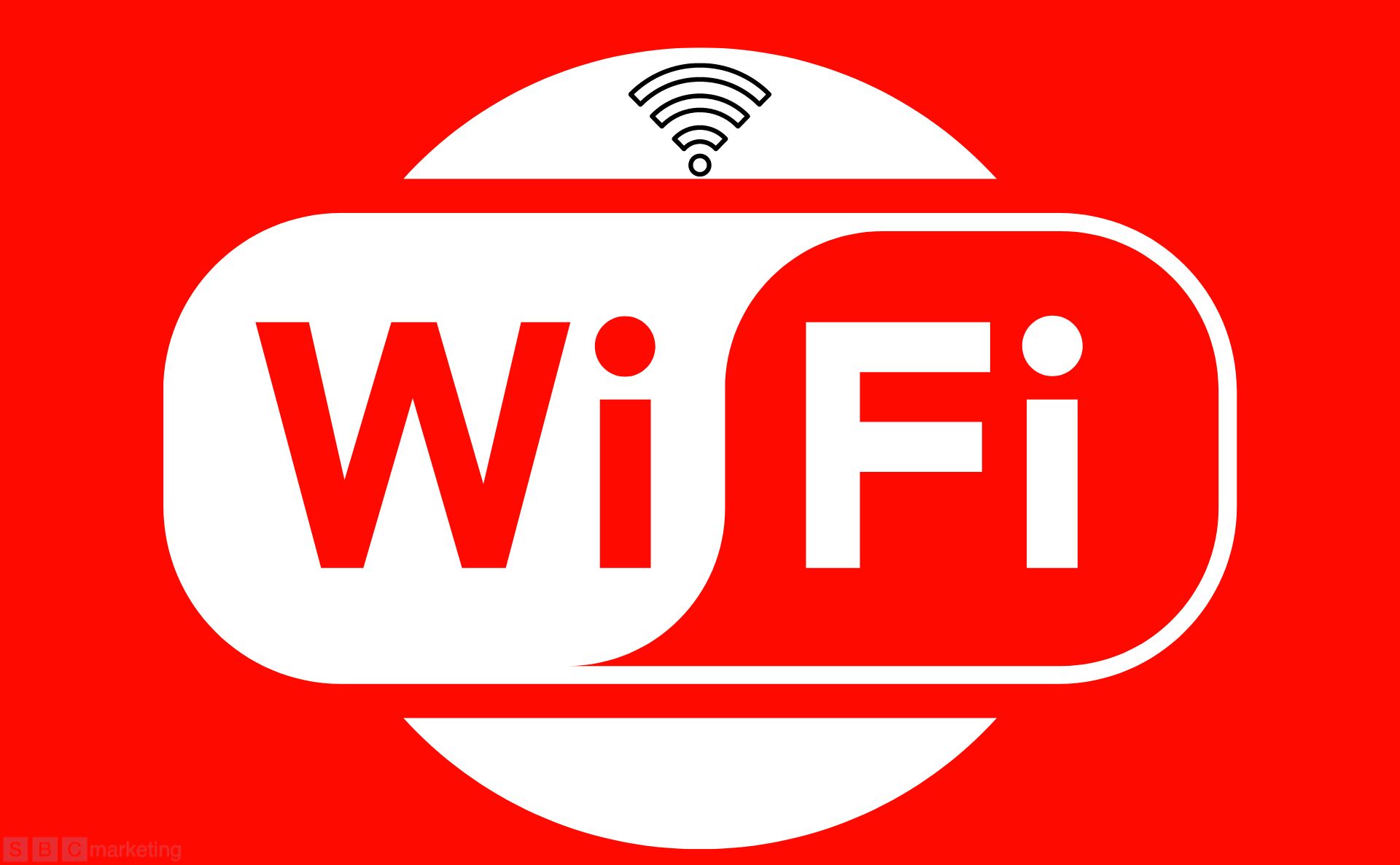In today’s digital age, providing free WiFi to customers has become a standard practice for businesses across various industries. From coffee shops to restaurants, hotels to retail stores, offering complimentary internet access has become a powerful tool for attracting and retaining customers. In this article, we will explore the advantages and disadvantages of providing free WiFi to customers, along with addressing ten frequently asked questions (FAQs) surrounding this topic.
Advantages of Offering Free WiFi:
- Enhanced Customer Experience: Providing free WiFi enhances the overall customer experience, allowing patrons to stay connected while enjoying your services. This can lead to increased customer satisfaction and loyalty.
- Attracting Customers: Free WiFi can act as a magnet for potential customers. People often seek out establishments with WiFi access to work remotely, socialize, or simply browse the internet while they wait.
- Extended Dwell Time: Offering WiFi encourages customers to spend more time at your establishment. This can lead to increased sales as customers may be more inclined to order additional items or stay longer, especially in places like cafes or restaurants.
- Marketing Opportunities: By providing free WiFi, businesses can collect valuable data about their customers, such as demographics and browsing behavior. This information can be used for targeted marketing campaigns and personalized promotions.
- Competitive Advantage: In today’s competitive market, providing free WiFi sets your business apart from competitors who may not offer this amenity. It can be a deciding factor for customers when choosing between similar establishments.
- Positive Brand Image: Offering free WiFi demonstrates that your business values customer convenience and satisfaction. This can help build a positive brand image and foster goodwill among customers.
Disadvantages of Offering Free WiFi:
- Cost: Implementing and maintaining a WiFi network can be costly, especially for small businesses with limited budgets. There are expenses associated with equipment, installation, and ongoing support and maintenance.
- Security Risks: Providing free WiFi exposes your network to potential security threats, such as hacking, data breaches, and malware. It’s essential to implement robust security measures to protect both your business and your customers’ data.
- Bandwidth Limitations: A high volume of users connecting to your WiFi network can strain bandwidth, resulting in slower internet speeds for everyone. This can lead to frustration among customers and impact their overall experience.
- Legal Concerns: Offering free WiFi comes with legal considerations, particularly regarding copyright infringement and illegal downloads. Businesses may be held liable for any unlawful activities conducted through their network.
- Technical Issues: WiFi networks are prone to technical issues such as connectivity problems, outages, and hardware failures. Resolving these issues promptly is essential to minimize disruptions for customers.
- Distraction: While offering free WiFi can attract customers, it may also lead to distractions, especially in environments where focus is required, such as restaurants or cafes. Customers may spend more time on their devices than engaging with your business.

FREE WiFi – SBC marketing London
Frequently Asked Questions (FAQs):
- Is it expensive to provide free WiFi to customers?
- While there are initial setup costs, the long-term benefits often outweigh the expenses. Consider it an investment in enhancing customer experience and attracting more patrons.
- How can I ensure the security of my WiFi network?
- Implementing encryption, strong passwords, and firewall protection are essential for safeguarding your network. Regularly updating software and monitoring for suspicious activity can also help mitigate security risks.
- Can offering free WiFi increase my sales?
- Yes, providing free WiFi can lead to increased sales by attracting more customers and encouraging them to spend more time at your establishment. It creates opportunities for upselling and promoting special offers.
- Are there any legal requirements or regulations I need to comply with?
- Depending on your location, there may be legal requirements regarding data privacy, copyright infringement, and providing internet access to the public. It’s important to familiarize yourself with relevant laws and regulations.
- How can I manage bandwidth limitations?
- Implementing bandwidth management tools and setting usage limits can help prevent network congestion and ensure a smoother experience for all users. Consider upgrading your internet connection if bandwidth limitations become a significant issue.
- Can I track customer data through the WiFi network?
- Yes, businesses can collect anonymous data such as demographics, browsing behavior, and frequency of visits through their WiFi network. However, it’s essential to obtain consent from customers and adhere to data privacy regulations.
- Can I restrict access to certain websites or content?
- Yes, businesses have the option to implement content filtering to restrict access to inappropriate or non-business-related websites. This can help maintain a secure and productive environment for customers.
- What happens if someone misuses the WiFi network?
- Businesses should have acceptable use policies in place outlining prohibited activities, such as illegal downloads or harassment. In case of misuse, measures such as blocking the user or temporarily disabling the network may be necessary.
- Is it necessary to provide technical support for WiFi issues?
- Offering technical support can enhance the customer experience and help resolve any connectivity issues promptly. Consider providing contact information or on-site assistance for customers experiencing WiFi-related problems.
- Can I offer WiFi without compromising my business’s network security?
- Yes, by implementing separate guest networks with limited access and security measures in place, businesses can provide WiFi to customers without compromising the security of their internal network.
In conclusion, offering free WiFi to customers can be a valuable asset for businesses seeking to enhance customer experience, attract more patrons, and stay competitive in today’s digital landscape. While there are challenges such as cost, security risks, and technical issues, the benefits often outweigh the drawbacks when implemented thoughtfully and with proper planning. By addressing potential concerns and implementing appropriate measures, businesses can leverage free WiFi as a powerful tool for growth and success.
Contact us today to learn how we can help you harness the power of free WiFi to attract more customers and grow your business. Reach out now to schedule a consultation with our expert team!










